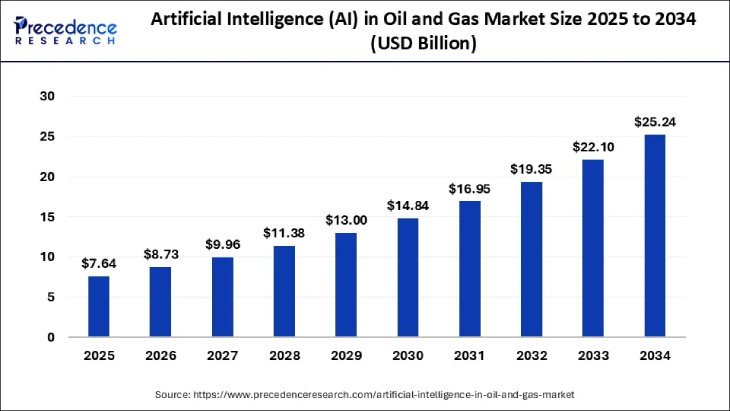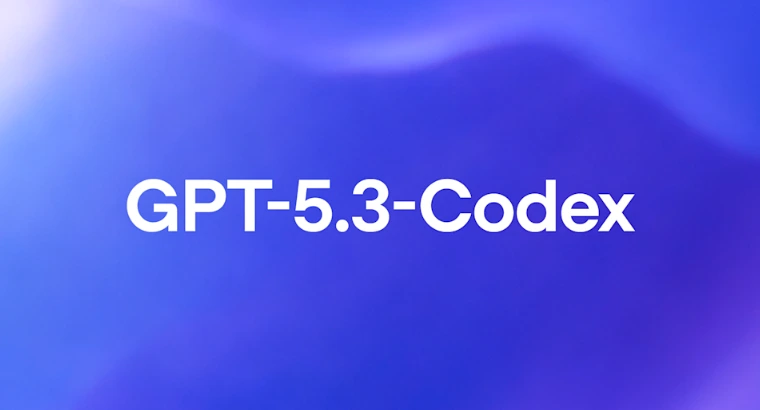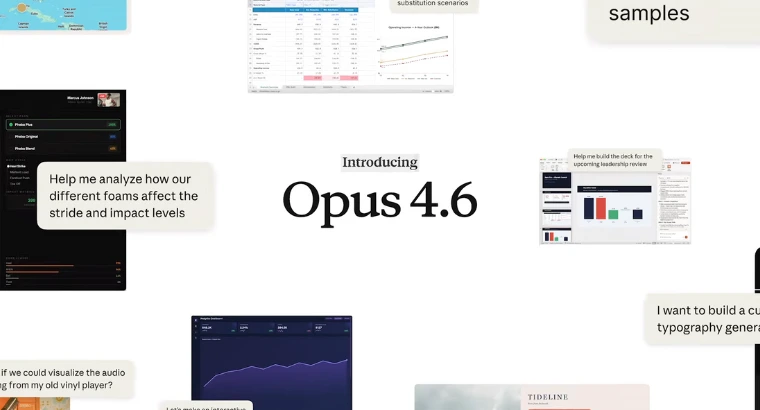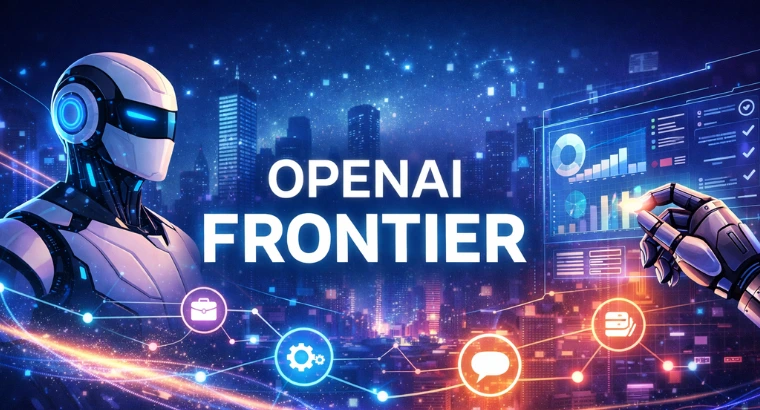
Key Highlights:
- The oil and gas AI market will grow from $7.6 billion in 2025 to $25.2 billion by 2034, with a 14.2% surge
- Companies like Chevron use AI for predictive maintenance, which reduces equipment downtime by a quarter
- North America holds a 39% market share with $3.1 billion annual AI spending, while Asia is growing rapidly
Similar to any other sector, the global oil and gas industry is expected to see a huge revolution with artificial intelligence (AI) based operations, which will cut costs and enhance safety.
(Source: Precedence Research report)
According to a new report by Precedence Research, the AI in the oil and gas market is expected to skyrocket from $7.64 billion in 2025 to $25.24 billion by 2034, growing at a 14.2% CAGR.
AI’s Boom in High-Stakes Industry
As AI’s race intensifies, it is no longer a futuristic concept, but a business imperative. From maintenance to autonomous drilling, AI is taking the oil and gas industry by storm. Many big players are leveraging machine learning, computer vision, and natural language processing for different purposes.
For example, AI can play a huge role in optimizing exploration by analyzing seismic data faster. It can prevent equipment failures through real-time predictive maintenance. Also, it can enhance safety with drones with AI technology, which can detect critical problems like methane leaks. AI can streamline supply chains with demand forecasting and route optimization.
“AI is no longer a luxury but a necessity in the oil and gas industry,” Shivani Zoting, Principal Consultant at Precedence Research, stated in a report. “With growing pressure to optimize costs and reduce downtime, companies are aggressively adopting AI for predictive maintenance and operational automation.”
Report Cites Chevron’s AI Success
In the report, researchers refer to a case study of an AI-based overhaul in the Permian Basin. As a part of their AI-based operations in partnership with Microsoft and C3.ai, the company deployed predictive maintenance algorithms, which reduced unplanned downtime by 25%.
Additionally, the company is using digital twin models to simulate oilfield performance and AI-based drones for methane leak detection.
This AI integration resulted in $900 million in savings over 3 years and an 18% extension in equipment lifespan.
Jay Johnson, Chevron’s EVP of Upstream, said, “AI allows us to make better decisions, faster—turning billions of data points into actionable insights that protect people, the planet, and profitability.”
According to the report, North America, with a 39% market share in 2024, is leading the AI adoption leaderboard, thanks to Chevron, ExxonMobil, and Shell. The US market alone is expected to hit $7.34 billion by 2034.
Asia Pacific is the fastest-growing region, fueled by rising exploration and digital transformation in countries like China and India. Tech giants like Microsoft, IBM, and Google are leading the charge in this AI revolution.
Major industries like Shell, Chevron, and Saudi Aramco are early adopters, integrating AI technology in their operations.
Saudi Aramco is at the forefront of AI integration in the oil and gas sector. The company has invested $3.5 billion in R&D in 2023, focusing on AI-based innovations like the Aramco METABRAIN, a generative AI model with 250 billion parameters.
It enhances drilling efficiency, geological analysis, and market forecasting. Aramco’s Saudi Accelerated Innovation Laboratory (SAIL) boosts digital innovation through partnerships with startups and tech giants.
AI applications, including predictive maintenance and cybersecurity, have reduced costs and improved operational efficiency, notably cutting inspection times by 90% at the Uthmaniyah Gas plant.
Strategic partnerships with Groq, Cerebras, and Qualcomm have additionally boosted Aramco’s AI ecosystem. CEO Amin H. Nasser stated, “Our AI initiatives, like METABRAIN, are transforming operations, optimizing efficiency, and positioning Aramco as a global leader in digital innovation, driving sustainable energy solutions.”
High Costs and Cybersecurity Threat
Despite AI’s large number of advantages, its integration with high-stakes industries will not be easy at all, according to the report.
Its implementation costs for data infrastructure and expertise remain steep. On the other hand, the critical threat of cybersecurity is also a big challenge as systems become more interconnected. Furthermore, Legacy system integration requires costly upgrades.












